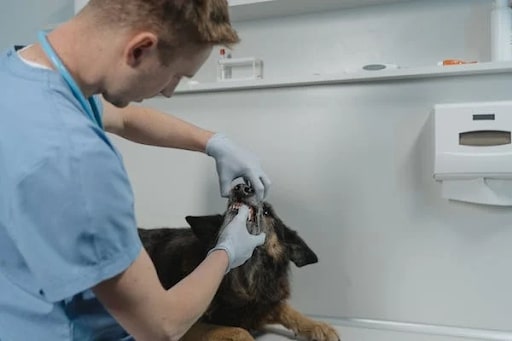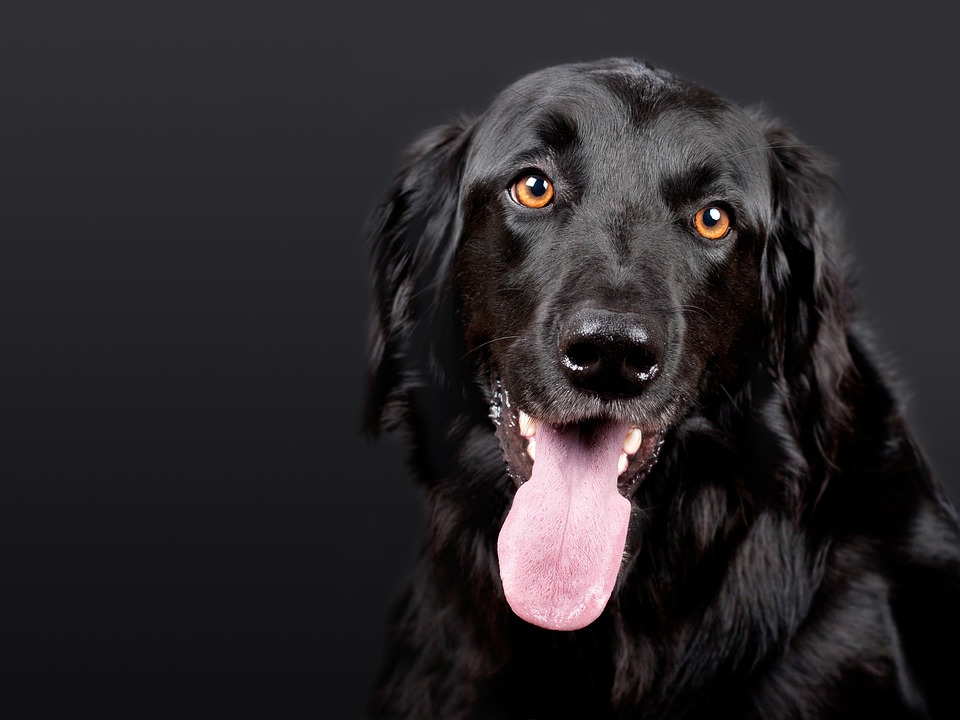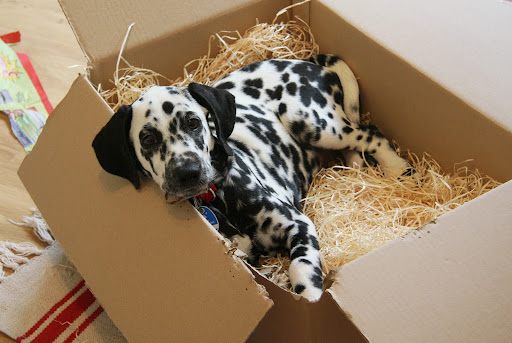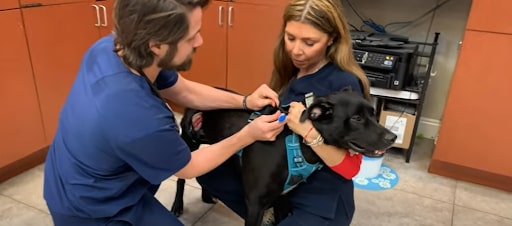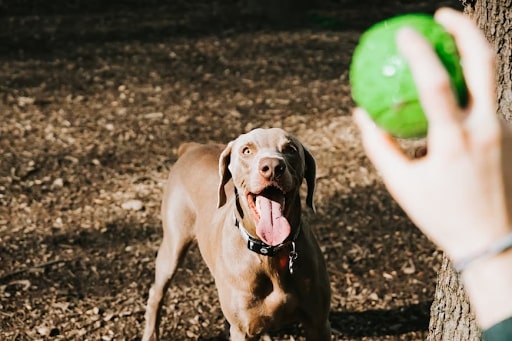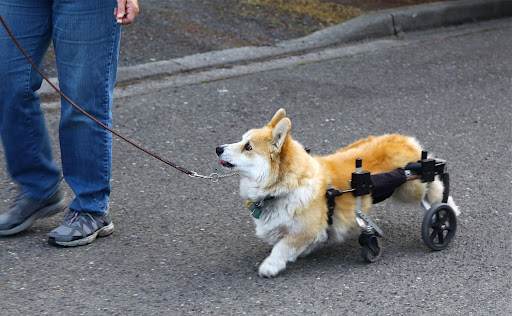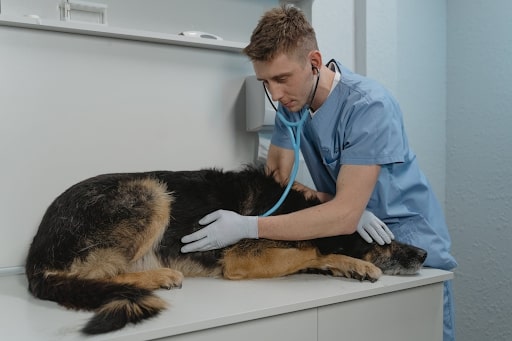Dog cloning is a new and controversial field that has gained attention recently. Dog cloning involves creating a genetically identical copy of a dog using advanced reproductive technologies.
Other than cloning dogs, people clone different animals—from cats to horses. However, the cost varies with the animal. The table below shows the total cost and installment plan for cloning three animals: dogs, cats, and horses.
| Animal | Cost | Installments |
| Dog | $50,000 | 2 equal installments |
| Cat | $50,000 | 2 equal installments |
| Horse | $85,000 | 2 equal installments |
While some people may be skeptical about the ethics of cloning, others see it as a way to preserve their beloved pets’ unique characteristics and personalities.
Whether you are curious about the science behind dog cloning or considering it for your furry friend, read on to learn more.
Key Takeaways
- The cost of dog cloning can vary depending on various factors, such as the cloning method, the country of service, the genetics and health of the original dog, and additional services.
- Financing options for dog cloning include payment plans, grants and scholarships, and personal loans.
Factors That Affect the Cost of Dog Cloning
The cost of dog cloning can vary greatly, depending on many factors. These include:
Method of Cloning
The method chosen for dog cloning can impact the price in many ways – including the complexity of the procedure and the necessary equipment and expertise required.
- Somatic Cell Nuclear Transfer (SCNT)
SCNT is the removal of the nucleus from an egg cell and replacing it with the nucleus from a non-reproductive cell of the dog to be cloned. It is then implanted into a surrogate mother, developing into an embryo.
This process is time-consuming, expensive, and requires specialized equipment and expertise, contributing to the high cost of dog cloning.
- Recombinant DNA Technology (rDNA)
Recombinant DNA technology involves identifying and isolating specific DNA sequences or genes from the original dog and inserting them into the DNA of a host cell, such as bacteria or yeast. The host cell then multiplies and produces many copies of the DNA sequence, resulting in a clone.
While this process is less expensive than SCNT, it may not produce a genetically identical clone.
Country of Service
Different countries have different legal regulations and requirements regarding cloning. Therefore, this can affect the cost of dog cloning.
- Cost of Living
The cost of living in some countries is generally lower than in others, which can result in lower prices for goods and services. Cloning facilities located in countries with a lower cost of living can offer their services at a lower cost than those in countries with a higher cost of living.
Pet owners seeking to clone their dogs should carefully consider the location of the cloning facility and the associated living costs before deciding.
- Legal Regulations
Different countries have varying laws and regulations concerning cloning, which can result in varying levels of cost and complexity in the cloning process. Some countries have strict legal requirements that need to be met, such as obtaining licenses or permits, which can add to the overall cost of the procedure. Other countries have less restrictive regulations, which can make the process less costly.
Genetics and Health of the Original Dog
Genetics and the health of the original dog are significant factors that affect the cost of dog cloning. These factors can impact:
- The cloning process’s complexity
- The quality of the resulting clone
- The price of the procedure
- Age and Health Status
The age and health status of the original dog are crucial factors that pet owners should consider when deciding whether to pursue dog cloning.
Older dogs or those with pre-existing health conditions may have decreased fertility or lower-quality genetic material, making cloning more challenging and costly. Older or sick dogs may require specialized care, medications, and veterinary interventions during the cloning process, increasing the overall cost.
- Availability of Genetic Material
Pet owners should consider the availability and quality of genetic material before pursuing dog cloning.
The genetic material for cloning comes from various sources, including blood, skin, and other tissues. Quality and quantity of the genetic material can vary depending on the source, age, and health of the original dog. The cloning process requires high-quality genetic material. Additional steps, such as surgeries or invasive procedures, may be required if the necessary material is unavailable. Obtaining and preparing the genetic material can add to the overall cost of the cloning process.
Additional Services
Additional services can contribute to the overall cost of dog cloning. These may involve the shipment and handling of genetic material, the resulting clone, and the cryopreservation of genetic material for future cloning attempts.
- Shipping and Handling
Shipping costs can vary depending on the location of the cloning facility and the distance the genetic material or resulting clone needs to travel. These fees can add up quickly, particularly if the pet owner lives in a different country from the cloning facility.
Additionally, shipping and handling fees can increase if special handling or transportation arrangements are required to ensure the genetic material or clone’s safety and well-being during transit.
- Cryopreservation of Genetic Material
Cryopreservation of genetic material for future cloning increases dog cloning costs. This process involves freezing and storing genetic material for future use. It can be useful if the initial cloning attempt is unsuccessful or the pet owner wants to clone their dog again. Cryopreservation requires specialized equipment and facilities, which can increase the cost of the cloning process. Storage fees may apply, which can add up over time.
- DNA Testing
DNA testing involves analyzing the genetic material of the original dog to determine its suitability for cloning. The cost can vary depending on the analysis’s complexity and the chosen provider. While DNA testing can ensure a successful cloning process and high-quality clone, it can add to the overall cost of dog cloning.
Pet owners should consider whether DNA testing is necessary for their particular situation and factor in the additional costs.
Related: A Vet Explains Preventive Care & Medical Costs for a Dog
Average Cost of Dog Cloning
The cost of dog cloning can vary significantly depending on various factors. While it is difficult to determine an exact average cost, most cloning procedures cost tens of thousands of dollars.
Cost of Dog Cloning in the United States
Cloning a dog in the USA can be costly, with a total cost of $50,000, paid in two equal installments.
The cost of cloning a dog covers the complex process of using advanced technology and expertise to create a genetic replica of the animal. While the cost may be prohibitive for some pet owners, for others, the opportunity to have a genetic copy of their beloved animal companion may be worth the investment.
Cost of Dog Cloning in Other Countries
The cost of dog cloning can be significantly higher than in the United States. For example, dog cloning costs around $100,000 in South Korea.
Other countries where dog cloning is available, such as China and Russia, offer lower prices than the United States. However, pet owners should consider the potential risks and challenges of traveling to another country for cloning, including:
- Language barriers
- Regulatory differences
- Travel expenses
Financing Options for Dog Cloning
Financing options for dog cloning can make the process more affordable for pet owners.
Payment Plans
Payment plans allow pet owners to pay for the cloning procedure over time instead of the entire cost upfront.
Available Options
Some plans may require a down payment followed by regular monthly payments. Others may have a longer payment term with smaller monthly payments.
Before signing up for a payment plan, pet owners should carefully consider several factors. One important consideration is the interest rate charged on the payment plan. Some payment plans may have high-interest rates, which can significantly increase the total cost of the procedure.
Considerations Before Signing up for a Payment Plan
Before signing up for a payment plan, pet owners should carefully consider several factors.
- The interest rate charged on the payment plan. Some payment plans may have high-interest rates, which can significantly increase the total cost of the procedure.
- Pet owners should ensure they understand the total cost of the procedure, including any additional fees or charges. They should then compare this to the total cost of the payment plan to ensure you are getting a good deal.
- Ability to make monthly payments over the payment plan’s duration. It is essential to ensure that the monthly payments are affordable and will not cause financial strain over the payment plan’s term.
Grants and Scholarships
Grants and scholarships help pet owners who cannot afford the high cost of dog cloning. Although not many grants and scholarships are available specifically for dog cloning, some organizations offer to fund needy pet owners.
Available Opportunities
Missy’s Haven Canine Rescue & Rehabilitation provides grants for dog cloning to support the cloning of service dogs.
Another organization is the PerPETual Care program from ViaGen Pets, which offers scholarships to pet owners who want to clone their pets for medical or service purposes.
Application Process and Requirements
The application process and requirements for these grants and scholarships may vary depending on the organization. Generally, applicants must provide information about their financial situation and why they seek the grant or scholarship. Some organizations may require additional documentation or a veterinarian’s recommendation letter.
It’s important to note that grants and scholarships for dog cloning are limited and highly competitive. Therefore, it’s crucial to research and apply for them as soon as possible.
Additionally, some organizations may have specific eligibility requirements or restrictions on the type of cloning procedures they will fund.
Related: Should You Get Dog Insurance? 4 Simple Steps to Decide
Ethical Considerations
It is important to understand the ethical implications of dog cloning before considering financing options for the procedure.
Discussion of the Ethical Implications of Dog Cloning
The concept of cloning animals raises concerns about the moral implications of creating a new life and the potential consequences of tampering with the natural reproduction order.
On the one hand, proponents claim that dog cloning allows owners to preserve their beloved pet’s unique qualities and personality. On the other hand, opponents of the practice argue that it is unethical and unnecessary, given the millions of dogs in need of homes.
Considerations for Potential Dog Owners
Potential dog owners should carefully consider the ethical implications of cloning a dog before pursuing financing options for the procedure. It is important to understand that cloning does not guarantee the recreation of an identical pet, as environmental factors can greatly influence a dog’s development and behavior.
Related: How Much Does a Dog Cremation Cost?
How Much Does It Cost to Clone a Dog? FAQs
Q: Do Cloned Dogs Have the Same Personality?
A: Even though cloned dogs have the same genes as the donor dog, they can still exhibit different personalities. That’s because of their differences in upbringing and life experiences.
Q: What Is a Cloned Dog Life Expectancy?
A: The life expectancy of a cloned dog is not significantly different from a non-cloned dog—it is usually around 11 to 15 years.
Q: Can a Dog Be Cloned After Death?
A: Cloning a dog after death is possible, but the success rate may vary.
Q: What Is the Success Rate of Dog Cloning?
A: The success rate of dog cloning varies and can depend on various factors, such as the age and health of the original dog, the method used, and the laboratory’s expertise in performing the procedure.
Q: How Much Does It Cost to Clone a Horse?
A: The cost of cloning a horse can vary. However, it is generally more expensive than cloning a dog or cat. Cloning a horse ranges from $85,000 to $100,000.
Q: How Much Is It to Clone a Human?
A: Cloning humans is illegal in most countries. But since the technology to clone humans has been fully developed, the cost would be extremely high – potentially millions of dollars.
Related: Canine Care: Breaking Down The CT Scan Dog Cost
Conclusion
Several factors, including the method of cloning, country of service, genetics, and health of the original dog, and additional services such as shipping, cryopreservation, and DNA testing, can influence the cost of dog cloning. However, various financing options are available to help offset the high cost of the procedure, such as payment plans, grants, and scholarships. It is essential for potential dog owners to carefully consider the ethical implications of dog cloning before deciding.
With the right combination of factors and financing options, dog cloning can provide a way for pet owners to preserve the memory and characteristics of their beloved pets.


